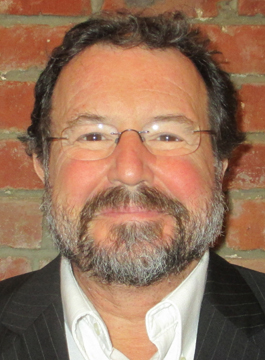Kyle Fairchild is a former NASA Director and Keynote Business Speaker
Kyle is currently managing a London-based consultancy for the commercialisation of research and development.
Fairchild was NASA’s Deputy Director, Operations – Russia, and a member of the U.S. Diplomatic Corp in Moscow.
Primary responsibilities involved the training and well-being U.S. astronauts and support staff while they were in Russia.
Duties included negotiating training and budget issues with Russian counterparts at the Gagarin Cosmonaut Training Center in Star City (Zvyozdniy Gorodok).
Previous to this, Kyle Fairchild was responsible for assessing the commercial potential of existing and emerging NASA Johnson Space Center (JSC) technologies and overseeing efforts that result in the development of viable commercial products and services.
Accomplishments include development and implementation of the NASA Johnson Space Center Commercialisation Model.
In addition, Kyle Fairchild has managed advanced planning projects for future space activities including space transportation, lunar settlements and Mars bases.
These projects involve defining and developing future technologies and new relationships among the public, private, academic and international communities.
Kyle Fairchild holds an MSc in Management from the London Business School, plus BSc and MSc degrees in Aerospace Engineering from the University of Minnesota.
He has also holds diplomas from the International Space University and the Defense Language Institute (Russian language).
Speaking Topics include:
The Future of Space:
This speech discusses the evolutionary steps of humankind’s eventual expansion into the inner Solar System. Topics include low earth orbit space stations, lunar cities, and missions to Mars. It includes the required technical and organisational innovation (low-cost Earth-to-orbit transportation, advanced automation & robotics, and bioregenerative life support systems, evolutionary/pioneering approach, collaborative public/private/international enterprises).
Commercial and Cultural Spinoffs from the Space Programme:
The exploration and development of space require us to develop new ways of living and working. The innovations required to do this have application on the Earth. Innovations include: anti-shock trousers, flame retardant seat materials, thermal radiation barriers, cordless power tools, high power flashlights, UV protection sunglasses, and domed stadiums. Humankind’s first tenuous steps into space have also redefined how we think of ourselves. A thousand years from now, the present period of time will still be known as the ‘Space Age’.
East/West Joint Ventures:
Lessons from the US-Russia Collaboration on the International Space Station
In 1994, the United States and Russia signed a treaty enabling the joint development of an International Space Station. It is the largest cooperative venture that the US and Russia/USSR have ever embarked upon. The implementation of that treaty holds many lessons for organisations interested in potential joint ventures with the former states of the Soviet Union, including many of the new members to the European Union.

